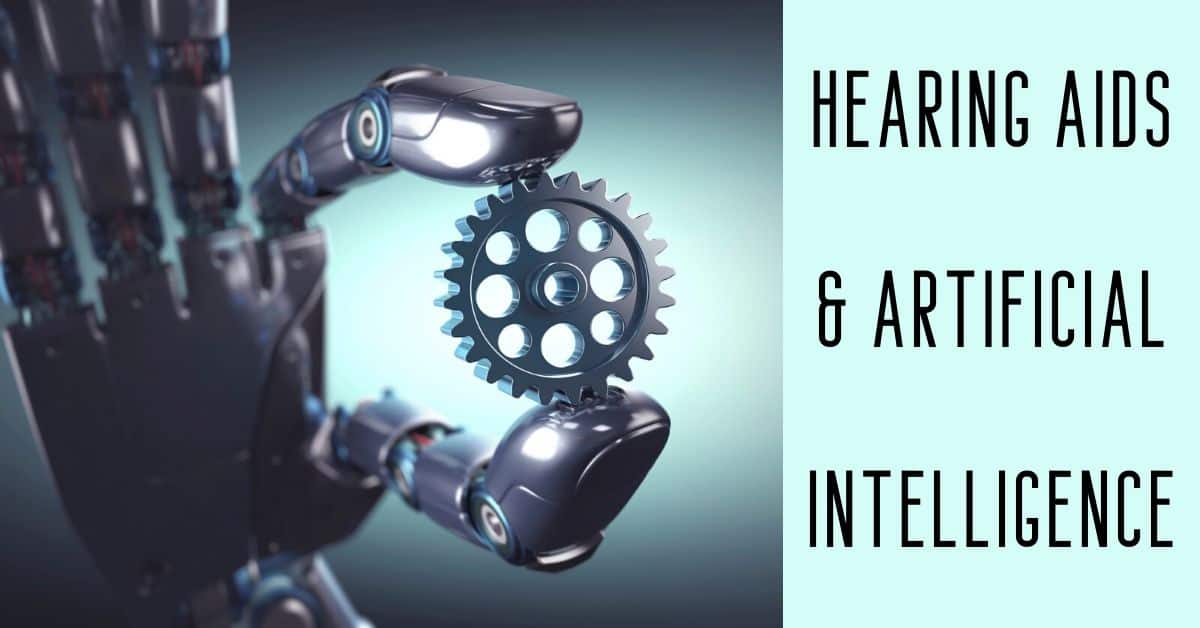- Why You Shouldn’t Do Anything With Your Earwax - April 22, 2024
- Travel Tips for People with Cochlear Implants - April 7, 2024
- How To Have A Great Conversation With People With Hearing Loss - March 22, 2024
A person goes to work and comes back from work with a temporary or permanent loss of hearing what do they do? If they could, they would pick up the phone and speak to someone they know. At present, all they can do is to make hand gestures to people. They begin to feel uncomfortable with others, and they slowly realize their life has changed in a few minutes.
Pondering the Changes
A person who experiences a hearing loss will undergo many changes in the coming days and weeks ahead and needs to have a strong support team around them, so they do not turn in on themselves. How can they communicate with others now, and how do they know who can understand them? Are they sure that when a person nods their head, do they mean they know or are merely wanting to get away from a person with a handicap? A person with hearing loss may begin doubting themselves and start forming a negative image of who they are. Lastly, a person who has suffered hearing loss may start blaming themselves for their loss of hearing.
How important is a hearing aid?
If a person who suffers a loss of hearing is from a low-income class, they may begin worrying about obtaining a hearing aid that they cannot afford. If they do not know sign language, they may be further handicapped to share their feelings with others. Suddenly they find a friend who understands what they are experiencing and finds a person who can begin to comfort them with the knowledge they need and direct them to a state or local organization that works with low-income families to get them the help they need. People with hearing loss experience their vulnerability and seek advice from others that can help them. Often their first visit to a medical specialist can answer all of their questions and bring them back from self-doubt and other negative feelings they have.
Hearing Aids and AI
Even though hearing loss is a collective experience, over 30% of people who suffer hearing loss fail to seek out help, and our hearing aids, the personal reason for not using a hearing aid are many. For those who seek advice, they find a balance to return to their lives through the use of a hearing aid. Today the hearing aid has made great strides to become better and more helpful for individuals with hearing loss due to the additional help that comes from the artificial intelligence (AI) community of scientists.
Understanding AI’s Contributions
AI is a way in which scientist use machine language to build algorithms which take the place of human reason to run a computer program. A recent AI contribution to hearing aid manufacturers is called HearingTracker, and it allows a person who wears a hearing aid to have their hearing aid settings automatically adjusted for them when they enter a different location they enter. Their hearing aid using AI has already come to understand their hearing aid needs and adjusts accordingly. When they enter a different location, the AI program adjusts to give a compatible reading for them in a different place. The AI program can compare the regular setting to the new acoustics in the new location offer settings, which are still compatible with their needs but with adjustment.
Google® Labs and Earphone Progress
Google® Labs has recently made a breakthrough that allows a person with hearing problems to be able to detect when a person is addressing them in a large room of people. The AI algorithm enables the person to concentrate on the person speaking to them and tunes out the other noise around the person addressing them. The sound they need to hear is given primary focus by the hearing aid with the use of AI. Other advances that are being made in AI and audiology is the ability of an AI chip added in a hearing aid to take vital organ readings of a person and communicate them to a healthcare professional is the AI program reads the person’s life may be in danger.
Advanced AI Contributions to Earphone Technology
Health readings like blood pressure, heart rhythms, and other critical medical data can be read and communicated to a health professional or stored for further retrieval. These are some of the latest additions that AI is making in hearing aids. Already persons at home who wear hearing aids can enjoy live streaming of music as well as Bluetooth connection to other household applications if they have access to Amazon® Alexa or their home is connected to the internet thru IoT Home Appliances.

